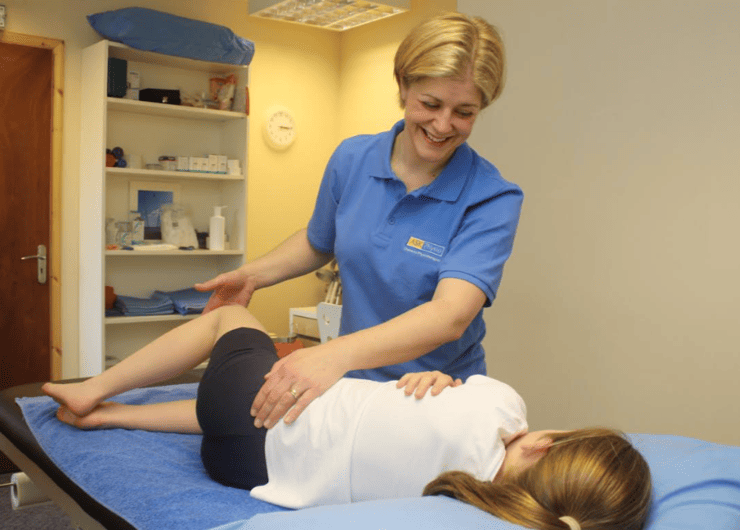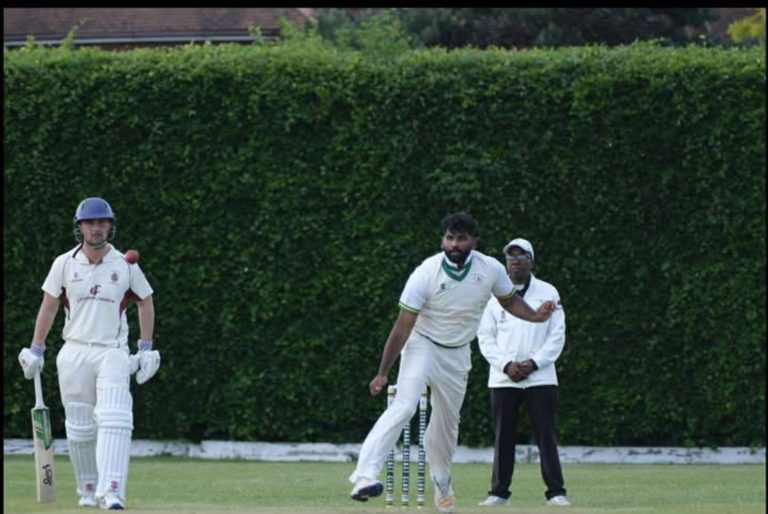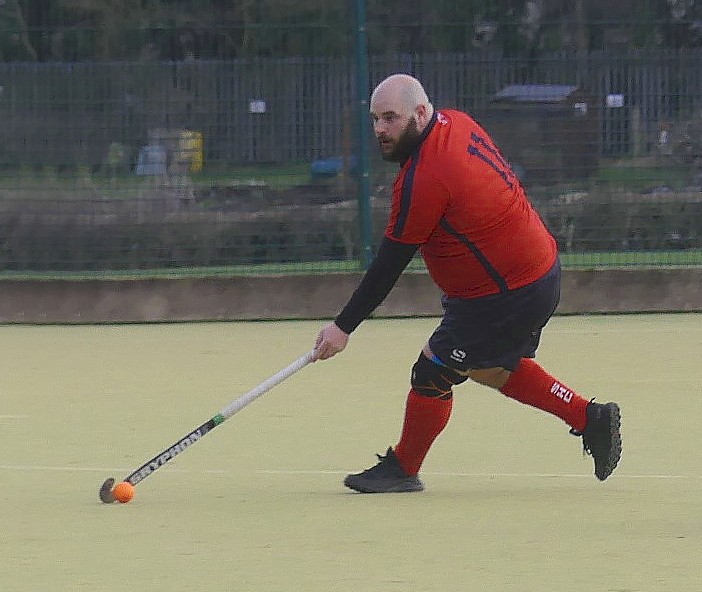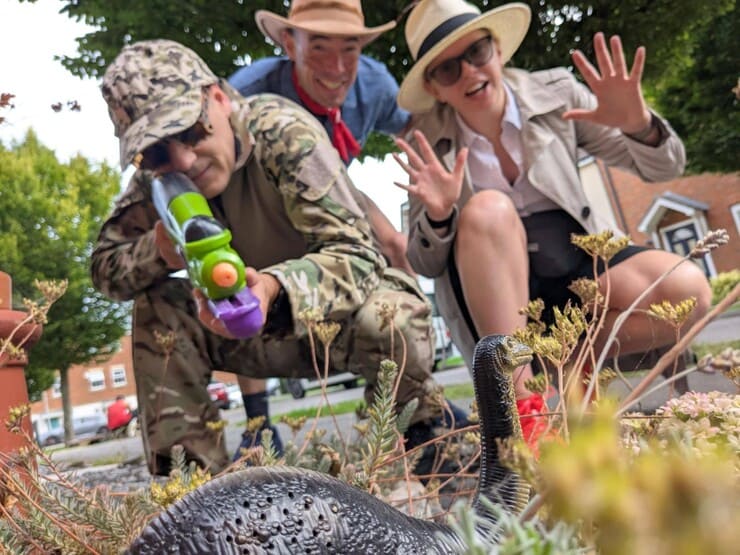Knee injuries can be both confusing and concerning. Many people wonder if their injury is serious enough for a visit to A&E or if they should seek other types of help. ASK Physio in Stevenage, home to a team of fully qualified musculoskeletal experts, offers guidance for such situations. (For those curious, “musculoskeletal” simply refers to the body parts that help us move, including bones, muscles, tendons, and joints.) Let’s explore what to do when a knee injury occurs, including key options and advice.
Visiting A&E
The first question to consider: when is it appropriate to go to A&E? Sarah Kinsella, an expert at ASK Physio, explains, “If the knee injury happened because of a specific event, like a fall or twist, and there’s considerable swelling, then A&E is a good option.” Here’s why:
- A&E offers quick assessment for fractures: They’re likely to take an X-ray to check if anything is broken. However, it’s important to note that X-rays only show bones. They won’t reveal injuries to soft tissues, like ligaments or tendons.
- A&E can rule out major issues: The primary focus in A&E is ensuring that no serious fractures or dislocations are present.
While X-rays can be useful, they’re not the full picture. “Not everything shows up on an X-ray,” Sarah points out, “soft tissue injuries to muscles, tendons and ligaments will not be detected on a X-ray but can be diagnosed through a thorough assessment by a Physiotherapist”.
Seeing a GP
Seeing a GP may also be an option, but it can be challenging to secure an appointment promptly. A GP visit offers only a short amount of time for an assessment—usually around 7-8 minutes. GPs often provide general advice but may not specialise in musculoskeletal injuries.
While a GP service in Stevenage may refer a patient on, a quicker route to targeted care might be through ASK Physio, especially for musculoskeletal issues. Sarah explains, “With knee injuries, a GP may not have the specific training or time for a full assessment, which is where physiotherapy can be very helpful.
Seeking Advice on Social Media
Many people turn to social media to ask friends and family for advice when injured. While it can be comforting to get opinions, it’s not always the most reliable approach. Sarah jokes, “I see it all the time. But what happened to Rhys in Accounts or Aunty Doris in Blackpool isn’t necessarily what’s going on with your knee!” Each injury is unique, and a solution that worked for someone else may not be appropriate for you.
Visiting a Chartered Physiotherapist
A Chartered Physiotherapist is often the best option for a thorough, tailored assessment. ASK Physio in Stevenage offers up to an hour for a knee evaluation, starting with 15-20 minutes discussing the injury’s history and its effects on the patient’s life. “A skilled physiotherapist will usually have a good idea of what’s wrong and can confirm with specific tests,” Sarah explains.
ASK Physio’s team specialises in diagnosing musculoskeletal injuries, providing hands-on treatment, and developing personalised exercise plans to aid recovery. Whether a patient seeks a one-off consultation or ongoing support, the ASK Physio team tailors treatment to fit individual needs, offering flexibility and no pressure to book multiple sessions.
Top 5 Tips for Dealing with a Knee Injury
When dealing with a knee injury, these helpful tips can support healing and relieve discomfort:
- Apply Ice: For the first 48 hours, ice helps reduce swelling. Apply it for 10-15 minutes every couple of hours.
- Rest and Elevate the Knee: Avoid putting weight on the injured knee, and keep it raised to minimise swelling.
- Use Support: A knee support or crutches can reduce discomfort when walking.
- Avoid High-Impact Exercises: Stick to gentle stretches or low-impact movements, like sitting leg lifts, and avoid anything that causes pain.
- Consider Physiotherapy in Stevenage: Physiotherapists have expertise in musculoskeletal care, creating tailored recovery plans. Sarah emphasises, “Seeing a physio for a musculoskeletal injury is invaluable.”
Common Mistakes to Avoid with Knee Injuries
While trying to speed up recovery, some people make mistakes that can worsen their knee injury or slow down healing. Here are three common missteps:
- Not Allowing Enough Recovery Time: Although it’s natural to want to return to normal activities, rushing recovery can lead to further injury or extended pain. Patience is key.
- Skipping Professional Help: Though waiting to “see if it heals” may seem like a simple solution, it can lead to complications. Physiotherapy in Stevenage offers expert care that can pinpoint the problem and set up a recovery plan
How ASK Physio Can Help
ASK Physio is dedicated to supporting each patient’s recovery journey. Knee injuries can be challenging, especially when it’s unclear if the injury is serious or how best to approach healing. With ASK Physio’s team of experienced musculoskeletal specialists, patients receive a thorough assessment and personalised care plan. Whether the pain is from an older injury or something more recent, the team is here to assist.
ASK Physio’s process is both detailed and relaxed. They assess knee injuries, provide hands-on treatment if necessary, and teach patients exercises that support healing and prevent re-injury. The team is also available to answer questions throughout recovery, as patient comfort and well-being are their top priorities.
For those in Stevenage seeking professional advice and treatment for a knee injury, ASK Physio offers experienced support.





